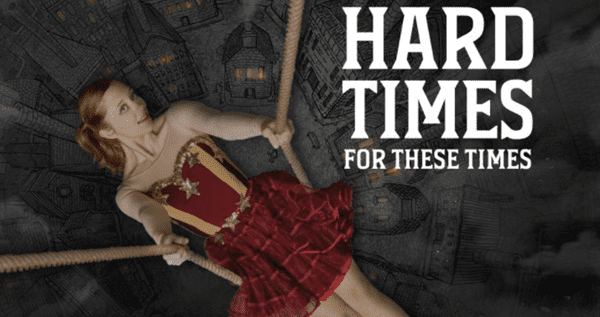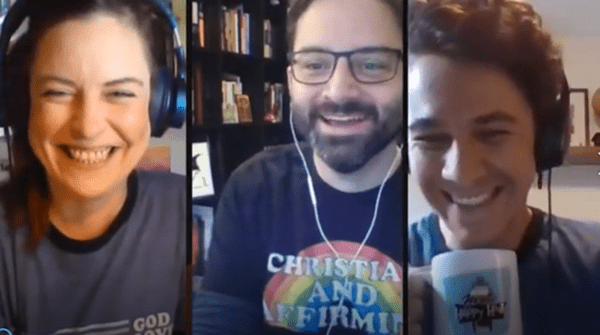 In the latest episode of the RavenCast, I talk with Suzanne Ross, Co-founder of the Raven Foundation, about our ten years at Raven and how we can navigate living in a “post-truth world.” You can watch the video or listen to the MP3 below.
In the latest episode of the RavenCast, I talk with Suzanne Ross, Co-founder of the Raven Foundation, about our ten years at Raven and how we can navigate living in a “post-truth world.” You can watch the video or listen to the MP3 below.
This year marks the Raven Foundation’s 10th Anniversary. We are celebrating our mission to engage with conversations taking place online and among friends and family about mimetic theory and current events. The big conversation during the last election cycle and continuing now is around truth. We have fake news, alternative facts, and we live in a post-truth era. The possibility of agreeing on a shared set of objective facts seems to be fading! If we can’t even agree on facts, how will we ever know the truth?
Fortunately, Charles Dickens asked these same questions during the 19th century with his novel Hard Times. Today, Heidi Stillman of Lookingglass theater in Chicago adapted Dickens’ novel into a play. If you live in the Chicago area, you can join us for the free “Hard Times for Truth” workshop at the Loyola Lake Shore campus on October 21st and the Hard Times production at the Lookingglass Theatre on October 22. Find more information and RSVP here.
If you can’t make it to Chicago, you can still the workshop live on the Raven Foundation Facebook page.
The Conversation
Suzanne and I discussed two characters in the play: Mr. Gradgrind and Mr. Bounderby. Both provide warnings about truth, facts, and false views of autonomy.
Gradgrind is distinguished by his faith in his system of education, just the facts. Which is a metaphor for our contemporary search for objective facts, faith in science and reason, but not in anything that cannot be scientifically verified. Gradgrind raised his children to be rational thinkers, to make life decisions based on facts. Rational Actor theory. By this he thought to save his children from bad decisions and therefore from suffering. His faith in his way of looking at the world was so strong that he failed to see the suffering he caused his own children. Though he had access to the facts, he was blind to the truth. Truth does not create suffering nor does it remain blind to it. The Truth has a confessional aspect to it – a recognition of one’s complicity in the very thing one is standing against.
Bounderby – represents the shared delusion of our autonomy, that we owe nothing to anyone. He makes up stories about his upbringing to make his success a heroic accomplishment of his own. He keeps Mrs. Sparsit around as an object lesson in his superiority. He disparages the workers in his factory as always wanting more but always being lazy and greedy. One of the lies we all believe is that of our own autonomy. Until we recognize the role that others play, not only in our successes but in propping up our sense of ourselves as successful, good or whatever, the truth will always evade us.
Image: Courtesy of Lookingglass Theatre.
Stay in the loop! Like Teaching Nonviolent Atonement on Facebook!











